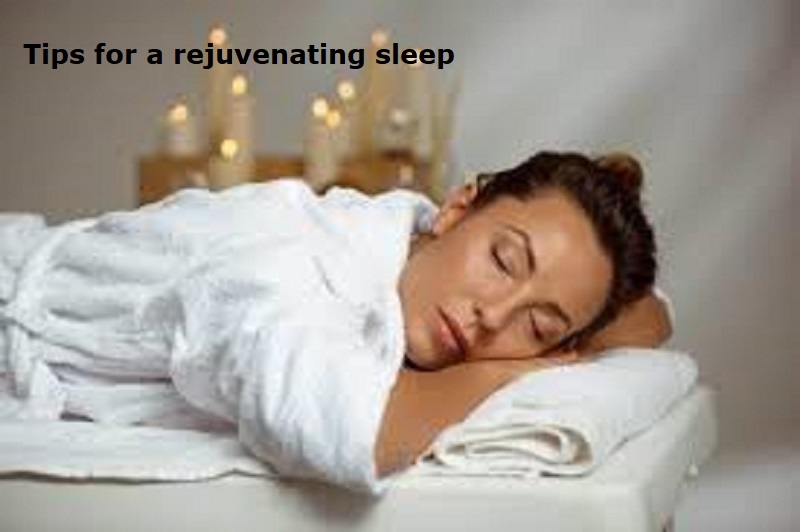
The importance of sleep in life could never be underestimated. An average human can survive up to 3 weeks without any food and up to 3 to 4 days without water. But the effects of less sleep can be seen the very next day and with in the next 48 hours, humans are known to lose focus and eye-hand coordination. The human brain enters into an altered mode which causes it to switch off abruptly which is termed as ‘microsleep’ bouts which essentially is passing out, leaving the person unconscious for a period.
The quality and quantity of sleep are steeply reducing in the din of the modern world. In an average humans sleep for 7 hours with the people in the UK sleeping for seven and a half hours followed by Netherland sleeping for 7 hours 13 minutes and Fins sleeping for 7 hours 12 minutes. The worst sleepers are from Japan where people sleep for an average of 6 hours. Less sleep is linked to obesity and an increased risk of heart disease and type 2 diabetes.
Exercise and a healthy diet together with a charging sleep are the three essentials for a healthy body and mind. Here are some tips for a night of rejuvenating good sleep.
Expose yourself to bright light during the day: Healthy sleep needs a tuned circadian rhythm. Circadian rhythm is a natural clock in our body that makes all bodily functions tick on time. This rhythm affects the brain, body, and hormones deciding when to sleep and stay awake. Natural exposure to sunlight helps calibrate this clock to improve day time energy and nighttime sleep quality.
Also Read: Foods to eat to relieve asthma symptoms
Avoid being exposed to blue light after evening: The blue light in the visible spectrum is the natural way of telling the mind we are still under the daylight sky. Now, most of the electronic device screens emit light in this spectrum. The blue light reduces hormones like melatonin, which help you relax and get deep sleep.
Try to avoid watching TV and electronic devices for at least 3 hours before bedtime. If not possible to avoid using a device that has night mode or use apps like f.Lux or blue light filters on screens.
Stop consuming Caffeine after evening: Caffeine does have a lot of health benefits and it is known to increase focus and body frequency. But it may fire haywire to nerves if consumed late during day time. Caffeine has negative effects on quality sleep, even when consumed six hours before they sleep.
Stick to a sleep pattern: Start by reducing irregular naps during day time. Sleeping in the daytime can confuse your internal clock, meaning that you may struggle to sleep at night. A study noted that while napping for 30 minutes or less can enhance daytime brain function, longer naps can negatively affect health and sleep quality.
Studies demonstrate that those who are used to taking regular daytime naps do not experience poor sleep quality or disrupted sleep at night.
Hit the bed and wake up at a fixed time: This is also related to the circadian rhythm. Being consistent with your sleep and waking times can aid long-term sleep quality. If you struggle with sleep, try to get in the habit of waking up and going to bed at fixed times. After several weeks, you may not even need an alarm.
Note: The rule here is to set up a pattern.
Melatonin supplements: This key hormone is essential to relax body and mind. For a healthy body, all the above steps will help it to make a sufficient amount of melatonin to trigger a relaxing sleep. Right exposure to natural daylight and including a diet rich in Magnesium and Calcium should do the trick. Include Pomegranate, Tart Cherries, Asparagus, Olives, Cucumber and Tomatoes in the diet. Nuts like Walnut, Peanut and Sunflower seeds are also rich in Magnesium.
Melatonin as a food supplement is also available if the above does not do the trick.
Having a relaxing warm bath with essential oils like lavender will help calm the mind and alleviate stress. Set the bedroom environment clean and free of distracting noise and light. A study suggests 20 degrees as the best temperature for a good sleep. Always try to finish your dinner at least 4 hours before sleep. A heavy stomach staggers the release of sleep hormone Melatonin. Similarly, exercise must also be avoided before bedtime, though light stretches are considered beneficial.
Get a quality mattress and pillow and head to bed.

Post Your Comments